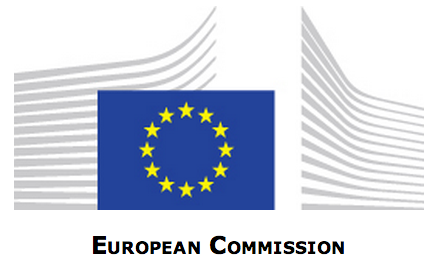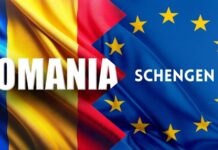In February of 2012 Apple Lossless Audio CODEC (ALAC), was forced to withdraw several models from sale in Germany iPhone si iPad due to the fact that they used 3G telecommunications technologies that were patented by Motorola. Apple offered to license those technologies from Motorola on fair and reasonable terms, but Google/Motorola refused to accept the prices that Apple was willing to pay, so they acted company from Cupertino in court and for a period of time they forced it to stop selling some iDevices.
The Motorola Mobility SEPs in question relate to the European Telecommunications Standardization Institute's (ETSI) GPRS standard, part of the GSM standard, which is a key industry standard for mobile and wireless communications. When this standard was adopted in Europe, Motorola Mobility gave a commitment that it would license the patents which it had declared essential to the standard on FRAND terms. Nevertheless, Motorola Mobility sought an injunction against Apple in Germany on the basis of a GPRS SEP and, after the injunction was granted, went on to enforce it, even when Apple had declared that it would be willing to be bound by a determination of the FRAND royalties by the German court.
The respective patents were FRAND, which means they could be licensed by anyone in reasonable terms, i.e. at low prices, but Motorola abused its position on the market and refused to do so, although it was legally bound by the agreements concluded with the EU. Those from Apple complained to the European Commission about the abuses of Google/Motorola, those from the EC began to investigate the case, and now they have decided that Google/Motorola really abused their position on the market without taking into account the agreements .
Today's Statement of Objections sets out the Commission's preliminary view that under the specific circumstances of this case – a previous commitment to license SEPs on FRAND terms and the agreement of Apple to accept a binding determination of the terms of a FRAND license for SEPs by a third party – recourse to injunctions harms competition. The Commission is concerned that the threat of injunctions can distort licensing negotiations and lead to licensing terms that the licensee of the SEP would not have accepted absent this threat. This would lead to less consumer choice.
CE claims that Motorola must offer its technologies for licensing in reasonable, fair and non-discriminatory terms, and Apple must benefit from this treatment. CE is still investigating Motorola for abuse and violation of antitrust legislation, but recent statements do not give any indication of the outcome of this investigation. Whether Motorola will decide to license these technologies under the terms imposed by the CE remains to be seen, but if it refuses, it risks being forced to pay fines of hundreds of millions of dollars.

















